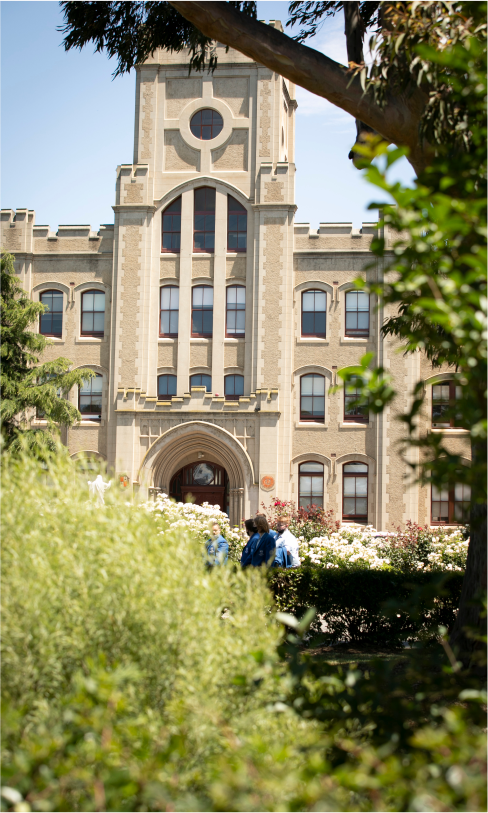ICT News
Cybersafety
Taking measures to protect oneself against unwanted attention or against criminal activity while working, socialising, emailing, playing or banking online is known as being ‘cybersafe’.
Schools play an obvious part in providing students a range of Internet-based learning opportunities that are engaging as well as safe. But given young people spend a significant proportion of their home time surfing online, socialising or playing games on the Internet, the cyber risks they may be exposing themselves to are more likely to be higher while at home than at school. Consequently, it is important that parents/guardians understand the risks their children face while online.
Over a number of subsequent Ignatian Newsletter issues, I will be exploring some Cybersafety issues that students and parents/guardians need to be aware of. Be prepared to be surprised and even shocked with what is revealed!
Let us start with the first topic: How to block nefarious Internet websites.
Home security products and services
While Loyola College does not endorse/recommend specific home security products or services, for Years 7 – 9 students the FortiClient (https://www.fortinet.com)/) firewall and Internet filtering app is deployed on their school laptop. This provides student devices with cybersecurity protection both at school and at home.
Parents/guardians of Years 10 – 12 students may opt in to have FortClient installed on their child’s device. Please contact the ICT Helpdesk if you are interested in purchasing a licence.
The College is aware that other schools may have used the following products:
• Family Zone (https://www.qustodio.com/en/fa...)
• Circle (https://meetcircle.com/)
• Firewalla (https://firewalla.com/)
These products are not free and are typically offered as a monthly subscription service. The service provider is constantly updating its blacklisted website registry, so that users have access to the most up-to-date protection.
If you have a specific cyber-security question or concern, please contact the ICT Helpdesk.
Excess to be paid on Accidental Damage claims
Please note, Microsoft, under its Terms and Conditions, enforces a $110 (incl. GST) Excess charge for each Surface Laptop Accidental Damage claim made under Microsoft’s policy. Please note that the payment of an excess does not apply to warranty claims.
Please be advised that invoices for Accidental Damage claim Excess payments will be issued by Centorrino Technologies, on Microsoft’s behalf. Once payment has been received, Microsoft will give the approval for the Accidental Damage claim to be processed.
Across Year 7 to 9 Microsoft enforce a strict interpretation of what constitutes ‘accidental damage’. Intentional damage is not covered under the terms of Microsoft’s policy, which includes engraving the student’s name on the laptop. A sticky label should be used, instead. Note that ownership of the device is identified by the device’s serial number, which is registered with Microsoft. Also, please ensure the tough case remains on the device at all times.
Please contact the ICT Helpdesk you have any questions/concerns.
Victor Dalla-Vecchia
ICT Manager





















